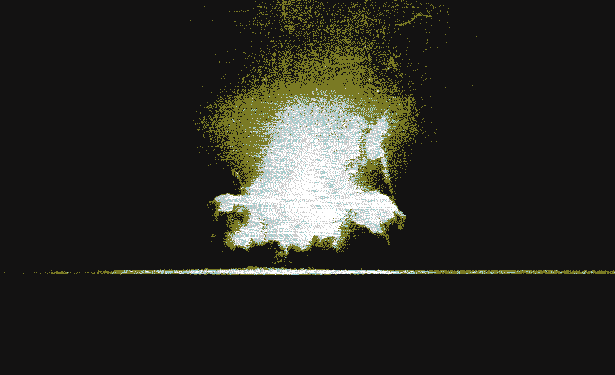Swiss Design Network: Second Design Research Winter Summit
March 8–10, 2018
Campus of the Arts Basel
Freilager-Platz 1
4002 Basel
Switzerland
T +41 61 228 44 44
info.hgk@fhnw.ch
Present discourses in design research, art, cultural studies, media studies, philosophy, and social science are dominated by the much-debated concept of the “Anthropocene,” which supposedly elicits a heightened sensitivity for the negative impact of human activity on our planet, and thus on the terms and conditions of humanity’s long-term survival. Against the backdrop of catastrophe and normalized crisis, designers as problem-solvers and agents of material-visual culture are called upon to draft speculative scenarios, construct artificial worlds, and develop smart solutions. However, the current tendency to see global crisis first and foremost as a worldwide design competition has deservedly received much criticism. Against this backdrop, we feel urged to ask: How can design make a significant contribution to a more just society and sustainable forms of living without impeding or compromising bottom-up initiatives? How can it foster political and social engagement beyond user-centered or speculative approaches? How can design practice and theory provide inputs for tackling urgent problems without marginalizing the voices of those who are most directly affected? How can designers intervene in environmental issues without valuing aesthetics over commitment? What strategies are being formulated by design education? Finally, what specific function does the mode of (design) research have: how can scholarly reflexivity be combined with concrete social commitment?
The characterization of design as a mode of social and environmental transformation has a long tradition. Decades ago, design scholars such as Herbert Simon, Otl Aicher, Victor Papanek, Tomás Maldonado, Horst Rittel, and Lucius Burckhardt drew attention to the fundamentally artificial character of what we call environment and emphasized the central role of design in creating futures and pasts. Papanek’s Design for the Real World (1971) provided an important impetus for critically revisiting the Western-Modernist foundations of design and the resulting concepts, artefacts, and applications. Various contributions to the history and theory of participatory design or social design (Brock, 1977; Binder et al., 2011; Manzini, 2015; Margolin, 2015; Banz, 2016) have further directed attention to the power dynamics and determining effects of design. It is now more crucial than ever to reflect critically on the image of design as an omnipotent problem-solving activity for the “real world,” and to discuss concrete design projects that respond to current social and political conditions.
Recent concepts for a problem- and context-conscious design practice, such as “transformation design” (Jonas et al., 2015; Sommer/Welzer, 2016) or “transition design” (Irwin et al., 2015), have involved rethinking established understandings of aesthetics and speculation. Further, emerging platforms such as “Decolonizing Design” exemplify attempts to overcome the marginalization of design approaches that originate and flourish in the Global South. The focus of such approaches is on topics such as sustainability, waste reduction and recycling, social justice, and postcolonial design models. From this perspective, it seems worthwhile investigating politically committed (social) design projects as to their underlying philosophies and cultural contexts in order to approach more humble and aware modes of intervention. How can we reimagine design as an unbounded, queer, and unfinished practice that approaches the world from within instead of claiming an elevated position? How, for once, can we try to see design as a situated practice instead of turning it into the Global North’s escape and problem-solving strategy? How can we think about one world without falling into planetary-scale thinking and the idea that resilience is our only hope?
Beyond Change is calling for contributions that address the outlined topics, covering the full field of both practice-led and theoretical-historical design research. Particularly desirable are small-scale projects targeting real-world impact, which are committed to the conference themes and whose authors are willing to reflect critically on these projects during the conference. Relevant proposals that do not stem from design research in the narrower sense, but which relate to policy and sustainability research, development cooperation, urban planning, or social work, for example, are also welcome. Finally, a publication with selected articles and edited proceedings will appear in 2018/19.
Notification of acceptances and reviewer feedback: October 15
Program announcement: November 15


